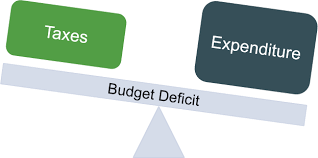This marks the highest monthly deficit of the year, further complicating the fiscal landscape, which had seen improvements in the first half of the year followed by a surplus in August. The cumulative budget deficit for the period from January to September now stands at 512 billion 602 million Lira. This figure is in stark contrast to the year-end budget deficit target of 659.4 billion Lira set in the supplementary budget and the 1 trillion 663 billion Lira estimated in the Medium-Term Program (OVP).
In September, Turkish budget expenditures surged by 99.8%, driven by a substantial increase in interest, non-interest, personnel expenses, and capital transfers. In contrast, budget revenues increased by 113.2%, particularly in corporate tax collection.
However, the overall trend in corporate tax collection remained low cumulatively. Import-based VAT and domestically collected VAT rose significantly, contributing to a high budget deficit for September. Despite earlier efforts to limit the year-end budget deficit to 659.4 billion Lira, the updated Medium-Term Program in September projected a deficit exceeding 1 trillion Lira at 1 trillion 663 billion Lira. This data underscores significant fiscal challenges for Turkey.
With the high deficit in September, the cumulative budget deficit for the January to September period is inching closer to the year-end target. However, it’s important to note that it still falls below the updated OVP estimate. Although high expenditures are expected in the remaining three months of the year, there is still a possibility of the budget deficit remaining below the OVP projection.
Gerçek, Ekonomi
